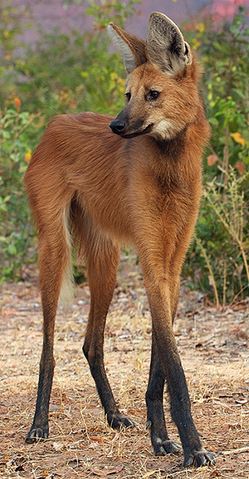One of the great things about working here at the clinic is that we see a wide variety of animals from dogs and cats to kangaroos and emus. Our world is full of amazing and sometimes weird creatures and this month we will be focusing on the weirdest and freakiest animals. Here is our top 5 list of truly weird critters
#1 - The Babirusa - Residing in Indonesia this animal
prefers moist forests and canebrakes near shores of rivers and lakes. What
makes this critter weird is that the upper canines of males never
enter the mouth cavity but rather grow upward, pierce through the top of the
snout and curve backward toward the forehead. They may reach a length of 30 cm.
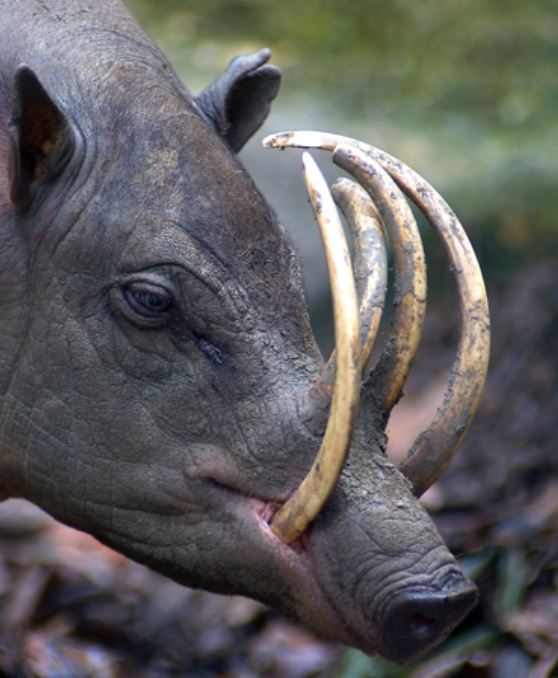
#2 - The
Gerenuk inhabits the dry brushy region of east Africa from the Serengeti Plain
of Tanzania north along the coast through Kenya, Ethiopia, Eritrea, and into
southern Somalia. Gerenuks have a relatively small head for their bodies but
their eyes and ears are proportionally large. Rather than grazing like other
gazelles they prefer to browse on bushes and trees reaching higher branches and
twigs by standing erect on their rear legs.
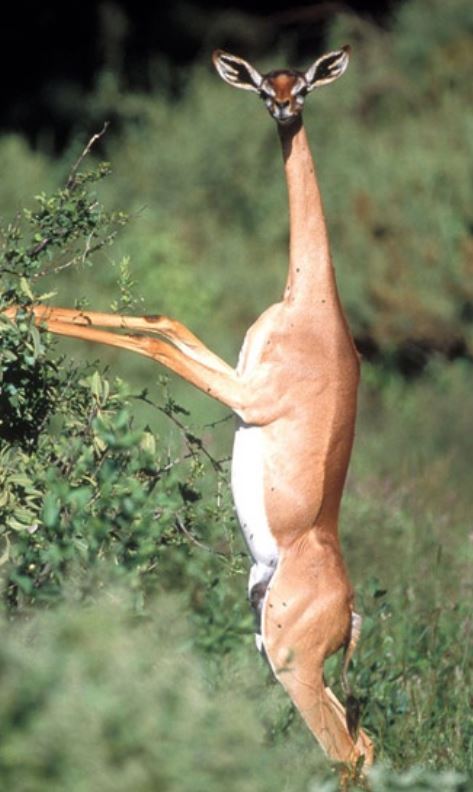
#3 - The Naked Mole Rat - The current range of the species are found in countries in eastern Africa such as Ethiopia, Somalia and Kenya but historically have been found in Uganda & Kenya. What makes the mole rat crazy is the fact that their incisors can be moved independently of each other and even work like chopsticks. Naked Mole Rats are actually not rats at all and are actually more closely related to porcupines and guinea pigs.
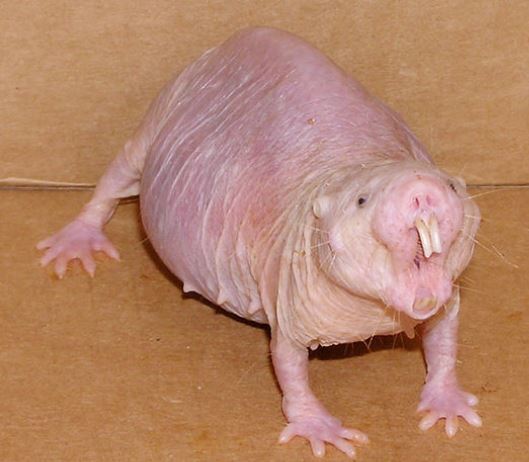
#4 - The Yeti Crab – Discovered in 2005 by the Census of
marine Life on a hydrothermal vent near Easter Island at a depth of 2,200
meters. The Yeti Crab has no eyes, is all white, and has what appears to be fur
around its claws and legs.
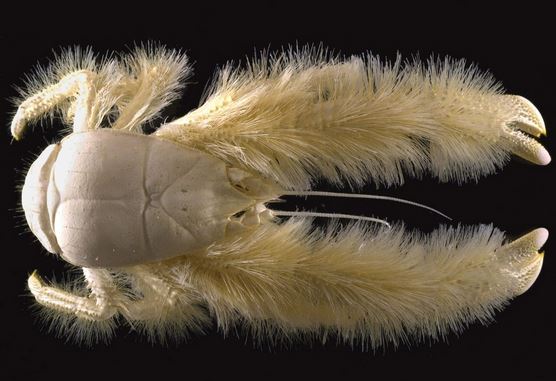
#5 - The Maned Wolf – This wolf lives in central and
southeastern Brazil, Paraguay, eastern Bolivia, and northern Argentina. The
Maned Wolf stands about 3 feet tall, weighs about 50 lbs and has large and very
long ears. They are the tallest of the wild canids and its super long legs are
more than likely an adaptation to the tall grasslands of its native habitat.
